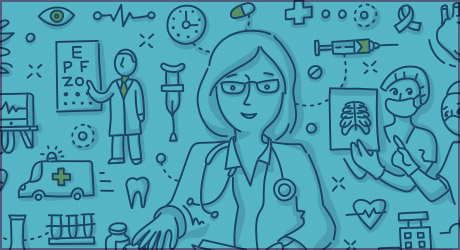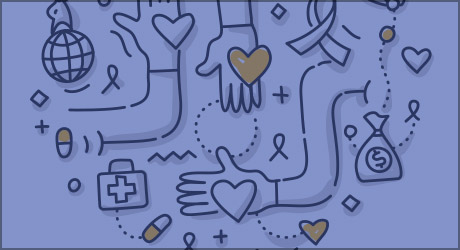
Why Choose Us?
Our knowledgeable, compassionate and experienced cardiac care teams are dedicated to providing a range of heart care services - from helping you create a heart-healthy lifestyle to performing lifesaving procedures in emergencies.
- DeTar Hospital Navarro is the area's first hospital recognized by the American College of Cardiology as an Accredited Chest Pain Center with Primary PCI and Resuscitation. PCI stands for percutaneous coronary intervention - also sometimes called coronary angioplasty. This designation means we use PCI as the primary treatment for acute heart attacks.
- Our cardiac rehabilitation department is accredited by the American Association of Cardiovascular and Pulmonary Rehabilitation.
- We received Gold recognition from the American Heart Association for the Mission: Lifeline NSTEMI. An NSTEMI, or non-ST-segment elevation myocardial infarction, is a type of heart attack. Recognition through this program means that we successfully adopted and continue to maintain quality guidelines that support higher quality care for heart attack patients.
- We have received Gold Plus recognition from the American Heart Association for the Mission: Lifeline STEMI Receiving Center. This recognition means we achieved an 85% or higher composite adherence to all quality achievement indicators.
- Texas Department of State Health Services designated Primary Stroke Facility.
- The Joint Commission-certified Primary Stroke Center.
- DeTar Healthcare System is the recipient of The Joint Commission's Gold Seal of Approval® for Hospital Accreditation, which reflects our commitment to providing safe and effective patient care.
Our Cardiac Services Include:
- 24-hour interventional cardiology and CV surgery coverage
- Procedures to help prevent strokes caused by blood clots
- Cardiac rehabilitation that combines education, support and exercise therapy
- Cardioversions to restore normal heart rhythms
- Coronary artery interventions that include balloon angioplasty and stent placement for blocked arteries
- Dedicated, experienced interventional cardiologists, board certified in cardiovascular disease, interventional cardiology and internal medicine
- Deep vein thrombosis (DVT) and pulmonary emboli (PE) treatments
- Diagnostic and imaging technology to find heart disease early (when it's most treatable)
- Electrophysiology procedures to treat heart rhythm disorders (AFib)
- Less invasive pacemaker procedures using a leadless pacemaker
- Open heart surgeries, including coronary bypass
- Transesophageal echocardiograms (TEE), echocardiograms (ECHO) and cardiac stress tests to see how well the heart is working
- Treatments for chronic and new-onset atrial fibrillation (AFib)
Heart Healthy Resources

A Woman’s Risk for Heart Disease is Different: Here’s What You Need to Know
Heart disease is a big issue in the United States for both men and women alike. But some risk factors are more unique to women.
Read more »

Is High Blood Pressure Considered Heart Disease?
Finding out you have high blood pressure can be worrisome if you aren’t sure what your numbers mean or what to do about them. Discover how high blood pressure affects your heart.
Read more »

How Does Smoking Affect Your Heart?
Smoking’s impact reaches far beyond your lungs, harming nearly every other organ in the body. Get the specifics on how smoking can influence your heart’s health.
Read more »

Why Your Heart Wants You to Pay Attention to Your Cholesterol
Your liver makes cholesterol in your body, but you also get cholesterol from eating certain foods. Find out how the wrong kind of cholesterol can impact your heart.
Read more »